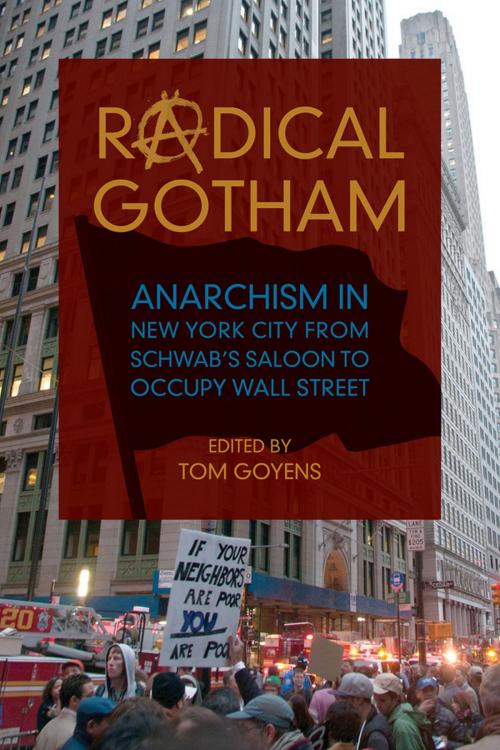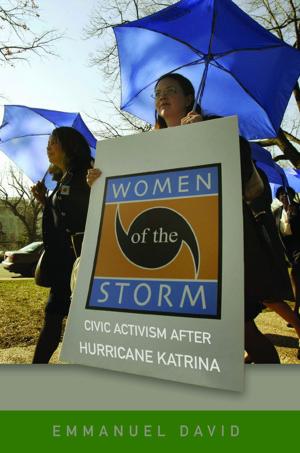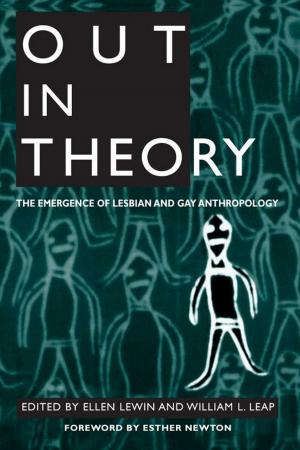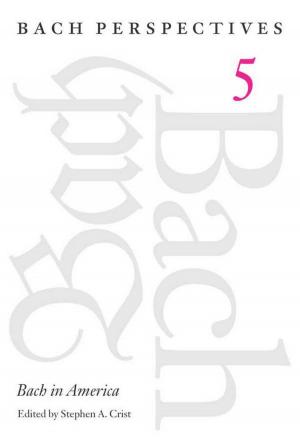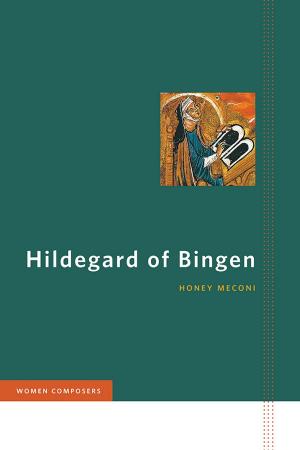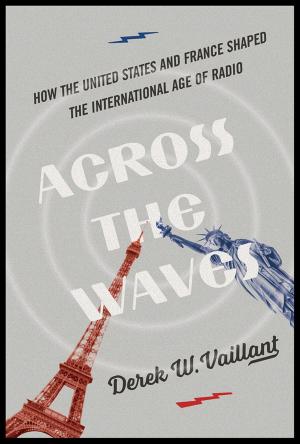Radical Gotham
Anarchism in New York City from Schwab's Saloon to Occupy Wall Street
Nonfiction, History, Americas, United States, State & Local, 20th Century, Social & Cultural Studies, Political Science| Author: | ISBN: | 9780252099595 | |
| Publisher: | University of Illinois Press | Publication: | June 30, 2017 |
| Imprint: | University of Illinois Press | Language: | English |
| Author: | |
| ISBN: | 9780252099595 |
| Publisher: | University of Illinois Press |
| Publication: | June 30, 2017 |
| Imprint: | University of Illinois Press |
| Language: | English |
New York City's identity as a cultural and artistic center, as a point of arrival for millions of immigrants sympathetic to anarchist ideas, and as a hub of capitalism made the city a unique and dynamic terrain for anarchist activity. For 150 years, Gotham's cosmopolitan setting created a unique interplay between anarchism's human actors and an urban space that invites constant reinvention. Tom Goyens gathers essays that demonstrate anarchism's endurance as a political and cultural ideology and movement in New York from the 1870s to 2011. The authors cover the gamut of anarchy's emergence in and connection to the city. Some offer important new insights on German, Yiddish, Italian, and Spanish-speaking anarchists. Others explore anarchism's influence on religion, politics, and the visual and performing arts. A concluding essay looks at Occupy Wall Street's roots in New York City's anarchist tradition. Contributors: Allan Antliff, Marcella Bencivenni, Caitlin Casey, Christopher J. Castañeda, Andrew Cornell, Heather Gautney, Tom Goyens, Anne Klejment, Alan W. Moore, Erin Wallace, and Kenyon Zimmer.
New York City's identity as a cultural and artistic center, as a point of arrival for millions of immigrants sympathetic to anarchist ideas, and as a hub of capitalism made the city a unique and dynamic terrain for anarchist activity. For 150 years, Gotham's cosmopolitan setting created a unique interplay between anarchism's human actors and an urban space that invites constant reinvention. Tom Goyens gathers essays that demonstrate anarchism's endurance as a political and cultural ideology and movement in New York from the 1870s to 2011. The authors cover the gamut of anarchy's emergence in and connection to the city. Some offer important new insights on German, Yiddish, Italian, and Spanish-speaking anarchists. Others explore anarchism's influence on religion, politics, and the visual and performing arts. A concluding essay looks at Occupy Wall Street's roots in New York City's anarchist tradition. Contributors: Allan Antliff, Marcella Bencivenni, Caitlin Casey, Christopher J. Castañeda, Andrew Cornell, Heather Gautney, Tom Goyens, Anne Klejment, Alan W. Moore, Erin Wallace, and Kenyon Zimmer.
